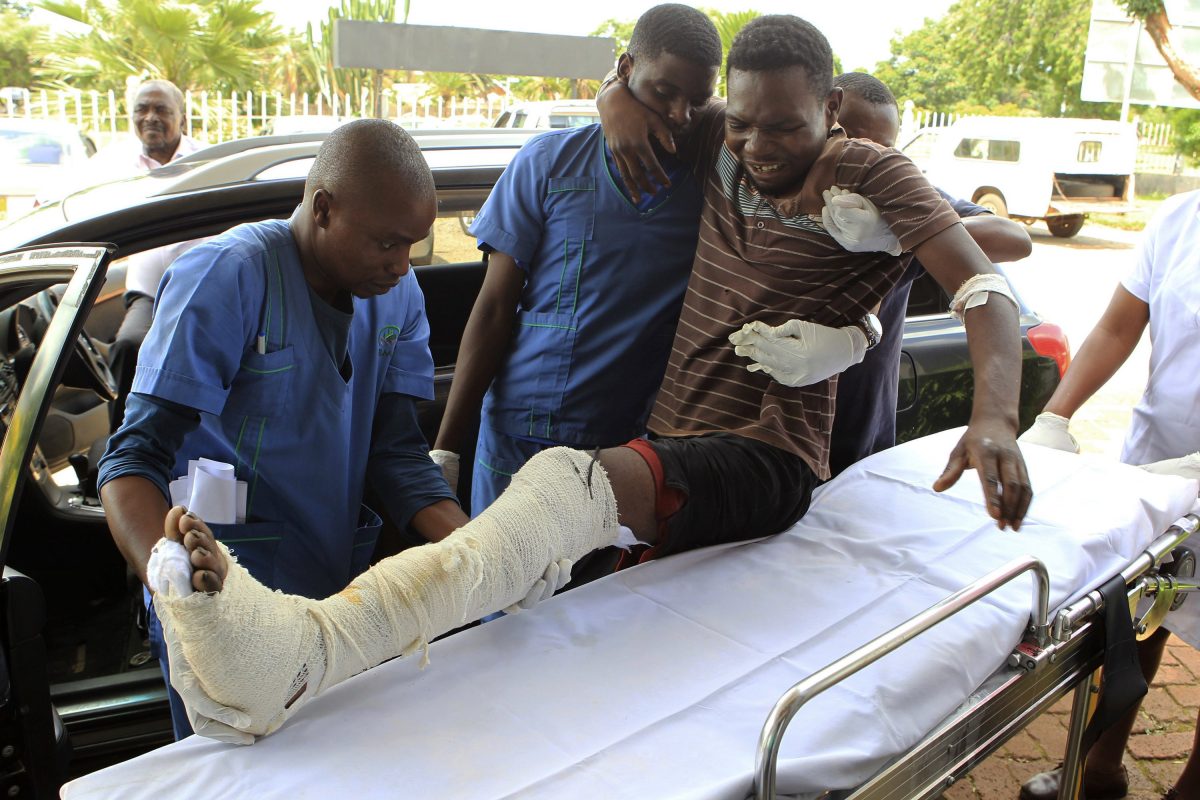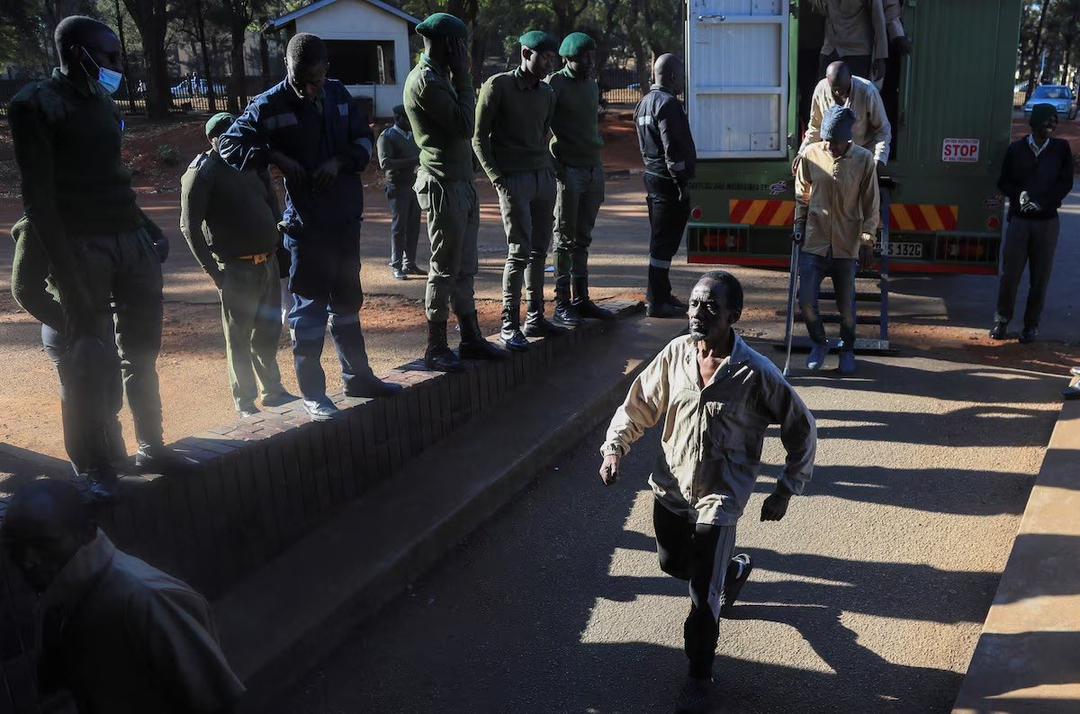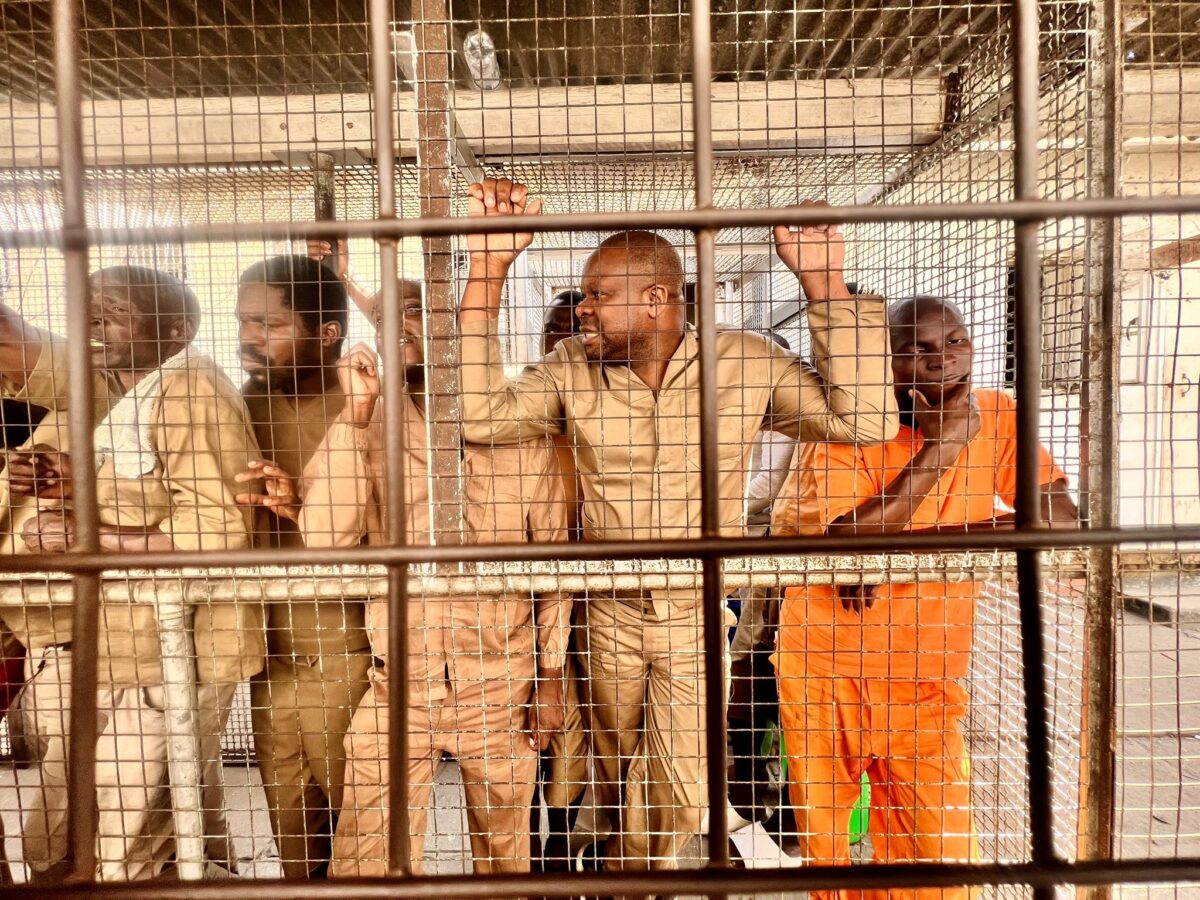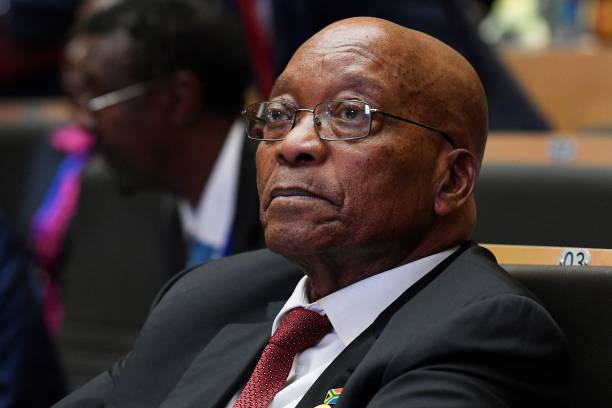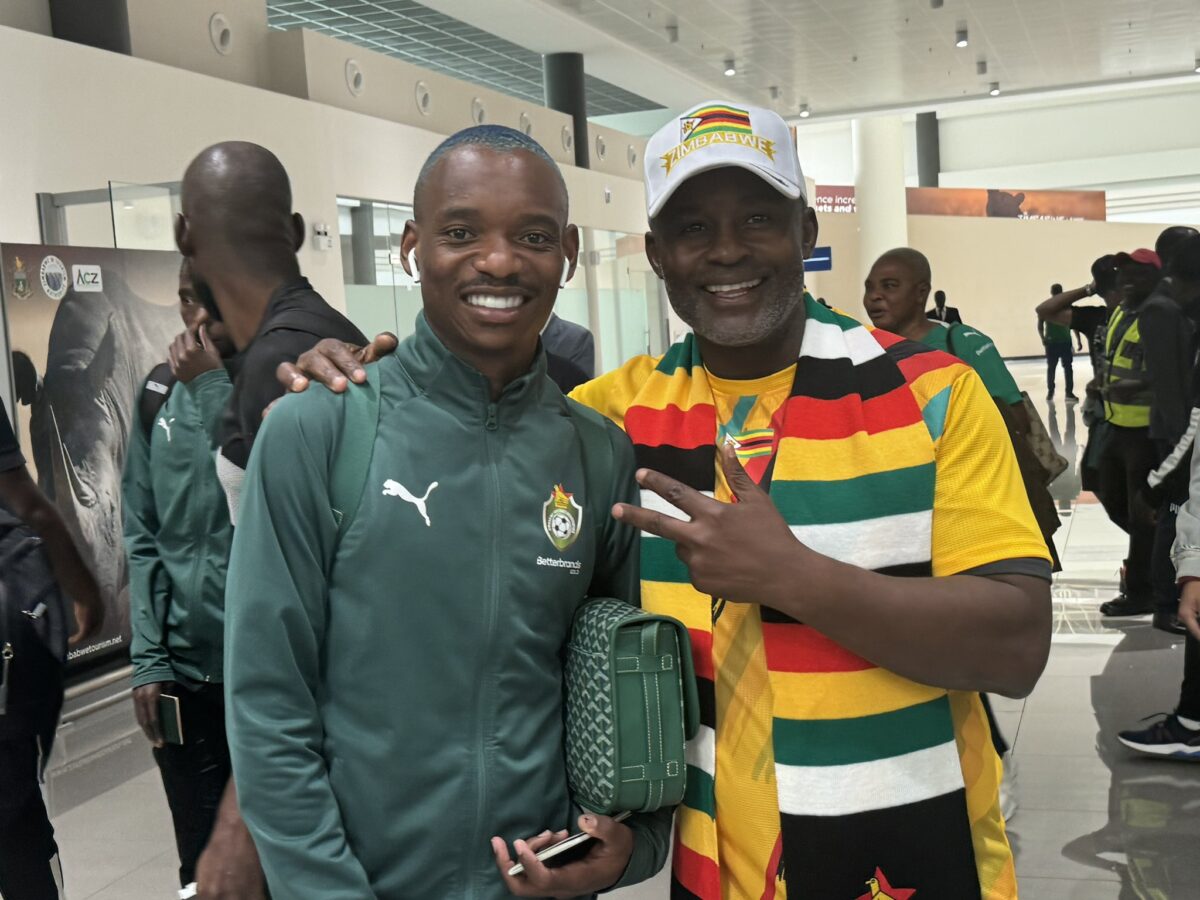HARARE – Hundreds of Zimbabweans rounded up and charged with various crimes after the January 14 protests over fuel price increases are being denied justice, the Law Society of Zimbabwe (LSZ) said.
The LSZ, representing all lawyers, said it had observed deliberate moves to fast-track trials, hold mass trials, deny accused persons bail, deny injured people medical attention as well as the detention of juveniles.
In some instances, family members had been detained by the police or the military after the security forces failed to find their original targets.
On Thursday, the LSZ called an extra-ordinary general meeting for January 28 to consider “the state of the rule of law in the country, in particular the events occurring at the courts” and resolve “on the appropriate response by the profession.”
The lawyers said they were “alarmed by apparent acts of injustice happening at the courts’ doorsteps and within the courts.”
“We have received reports from some members and in other instances we have observed practices that do not show that justice is being done. It would appear that no-one is paying attention to the adage: ‘Justice must not only be done, but it must be seen to be done.’ Irregular and illegal pre-trial processes and court processes appear to be collusively used to deny accused persons access to justice,” said the LSZ.
The lawyers said they had approached Chief Justice Luke Malaba to express their disquiet. Malaba had “appreciated the concerns from the profession” but was “constrained to intervene without interfering with the independence of the judicial officers.”
Lawyers say more than 600 people have been arrested, with most of them denied bail. Those arrested, killed and wounded include ordinary citizens, and in some instances children. Some hungry Zimbabweans were picked up after venturing out in search of bread or other basics from the few shops open during the protests.
Most of the suspects, including at least six MDC MPs, are accused of “committing public violence”. Others have been charged with inciting public violence while prominent activist Evan Mawarire and Zimbabwe Congress of Trade Unions secretary general Japhet Moyo are accused of plotting to overthrow the government.
Lawyer Beatrice Mtetwa, a board member of Zimbabwe Lawyers for Human Rights, alleged “a coordinated, deliberate orchestrated attempt to subvert justice.” Some people were forced to stand trial without being given sufficient time to brief their lawyers, she said.
“We have had a pattern … of every magistrate in different provinces doing exactly the same thing,” said Mtetwa.
Chief Justice Malaba, while admitting that there could be a pattern emerging to the decisions and actions by judicial officers, suggested this could be arising from “the similarity of facts and circumstances surrounding most of the cases.”
He ruled out issuing a directive to magistrates to deny bail and rule in a certain way, the lawyers said.

